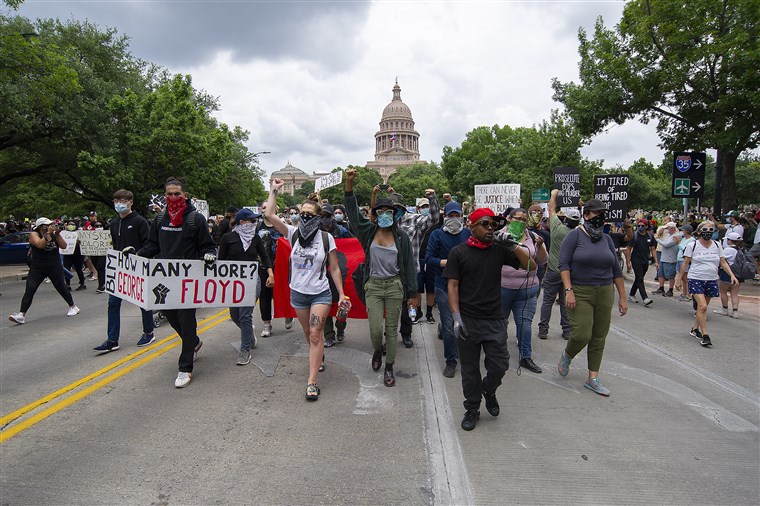How COVID Ripped Off the Neoliberal Band-Aid

Greg Sargent has a good interview with Mike Konczal about the latter’s new book (I interviewed him for the LGM podcast as well). I thought this tidbit was especially important:
How did the coronavirus have that sort of similarly shattering impact?
Mike Konczal: It ripped away a few illusions of the economic ideology of the last couple of decades. One is we saw how essential workers are so important for making sure the economy runs, yet are so vulnerable, working long, unstable hours for low pay in dangerous conditions. That was amplified by the pandemic.
Two is the actual infrastructure that goes into care work and taking care of children — the notion that this work is incredibly valuable but not compensated very well. That helped accelerate the argument for a child benefit.
Third is the idea of industrial policy — the idea that the government should set out to secure certain resources and deploy them in a concentrated way. We’re now seeing the government really step up and move a remarkable number of vaccinations. That’s a good sign for the notion that the government does have a really important role to play in the economy.
This also reminded me to discuss Rachel Cohen’s excellent Times op-ed from last week that went into how the pandemic opened up the political world for more progressive policies.
Nearly 70 percent of states ordered bans on utility shut-offs, and more than half did so for evictions. Mayors authorized car-free streets to make cities safer for pedestrians, and the federal government nearly tripled the average unemployment benefit. Within weeks, states eliminated extortionist medical co-pays for prisoners and scrapped bail. New Jersey passed a bill that released more than 2,200 incarcerated people all at once.
The pandemic has been a long nightmare, but those were progressive pipe dreams turned reality. The arrival of the coronavirus, along with the wide-scale economic shutdowns to slow its spread, forced American policymakers to admit that a new world wasn’t just possible — it was necessary.
While the United States ultimately failed to deliver a coordinated response to the pandemic and millions of people are still struggling, there are important lessons here. Over the past several months, I’ve interviewed dozens of activists and policy professionals who have recounted stories of politics shifting quickly on issues they have worked on for years. Measures that were once viewed as likely to cause a spike in crime or a collapse of the housing market, or that were considered just too expensive or simply impractical have, in fact, worked out pretty well.
All of this is really important. For decades, the official Beltway wisdom was that progressive priorities were unrealistic, too expensive, not popular. As it turns out–this isn’t true at all! Which we already knew. What we needed was pressure and organizing to push for these policies so that when a situation developed where the political winds shifted, we would be ready to take advantage. The decade since Occupy Wall Street redirected the American conversation on inequality has been a slow struggle for the left to figure out politics, priorities, organizing, how to move beyond slogans to make change. And even though Joe Biden up to January 2021 is no one’s idea of a progressive leader, he’s done a great job (except on foreign policy) because he’s responsive to the pressure that has developed.
What the left needs to do now is continue to build, to organize both inside and outside the electoral political process, to develop both sophisticated political networks and direct action, to create and fight for ever more aggressive policy proposals to fix this nation and the world. It’s at least possible that we will see the pandemic as a historical shifting point on our economy and politics. It’s far, far, far too early to know this. But it’s at least a plausible vision of the future that did not exist in 1995 or 2002 or 2010.


